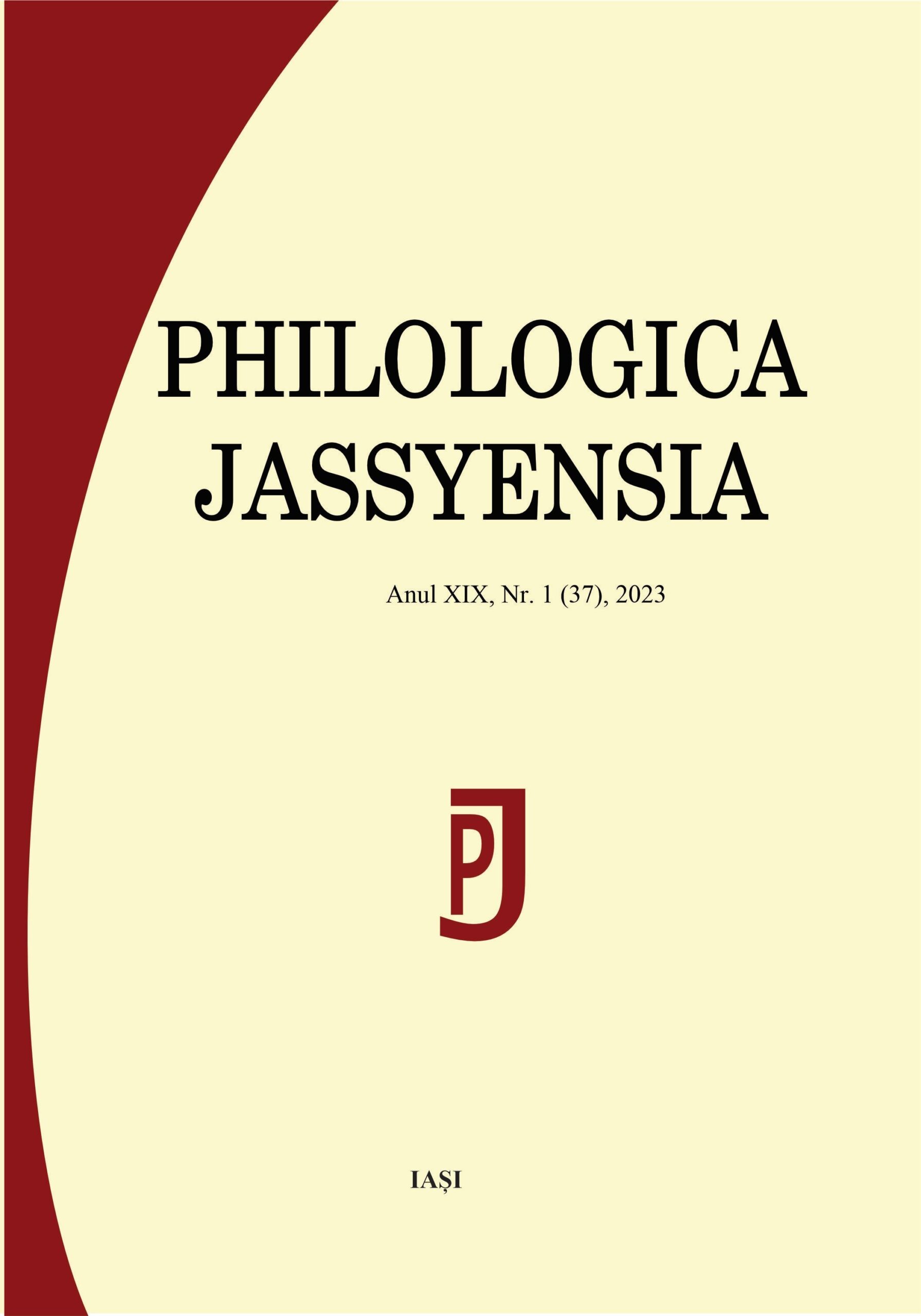Sursa slavă, traducerea și circulația culegerii ascetice Crinii țarinii în literatura română a secolului al XVIII-lea (I)
The Slavic Source, Translations and Manuscript Diffusion of the Ascetico-mystical Collection The Lilies of the Field in the 18th Century Romanian Literature (I)
Author(s): Daniar MutalâpSubject(s): Philology, Translation Studies
Published by: Editura Tracus Arte
Keywords: The Lilies of the Field (Крины сельные); Slavic source; Romanian manuscripts; ascetic and mystical sborniks; Paisius Velichkovsky, the Jesus Prayer;
Summary/Abstract: The Lilies of the Field (Крины сельные) represents a collection of ascetic and mystical writings (abridged life of saints and spiritual teachings) compiled by Diomid Serkov in Moscow in 1692. The sbornik was translated into Romanian two times: by an unknown translator in 1769 and by Vartolomei Măzăreanul, hegumen of Putna Monastery, in 1777. On the basis of the differences between the two translations, I argue that the first one represents the product of the activity of Paisius Velichkovsky’s monastic community from Dragomirna Monastery. This version was the most popular one, diffused in more than 40 Romanian manuscripts (20 complete and 26 partial). The collection interacts with non-standardized ascetico-mystical miscellanies (e.g. The Philokalia of Dragomirna) which contain writings on the Jesus Prayer, putting forth that the compilers perceived its content through the lens of the practice of the hesychast prayer. Translated in Dragomirna Monastery, the oldest version was spread by staretz Paisius’ apprentices from Moldova to Wallachia at the end of the 18th century (Dălhăuți, Cernica and Căldărușani Monastery).
Journal: Philologica Jassyensia
- Issue Year: XIX/2023
- Issue No: 1 (37)
- Page Range: 75-97
- Page Count: 23
- Language: Romanian

